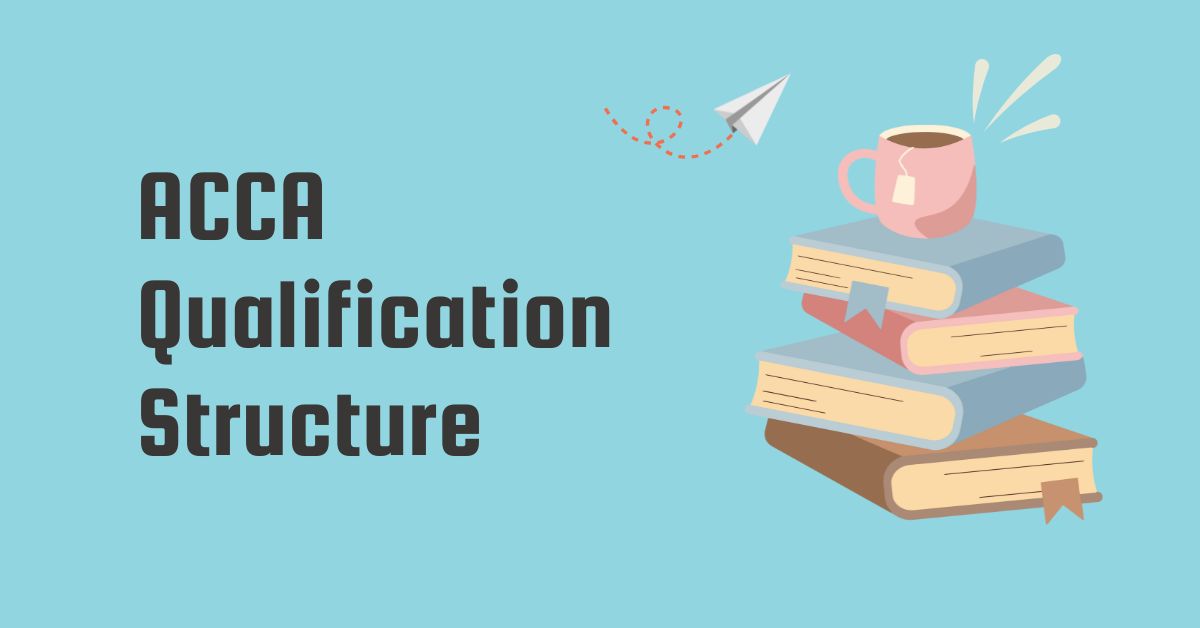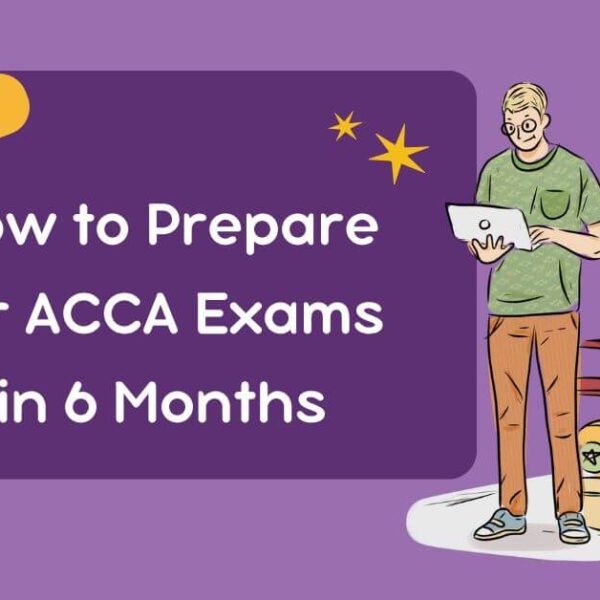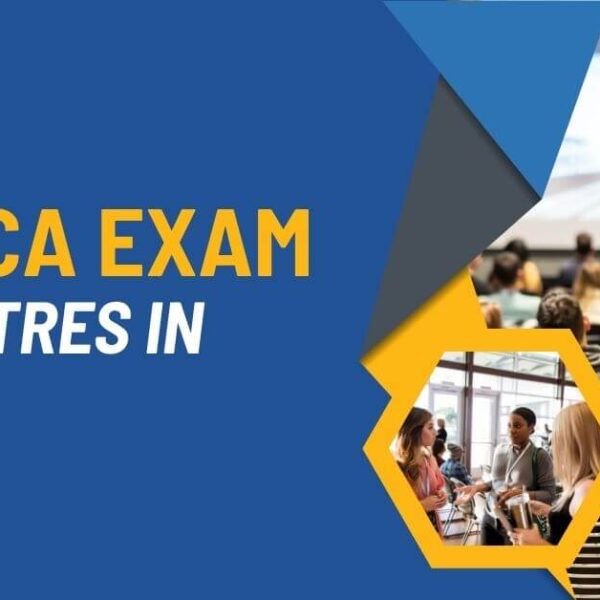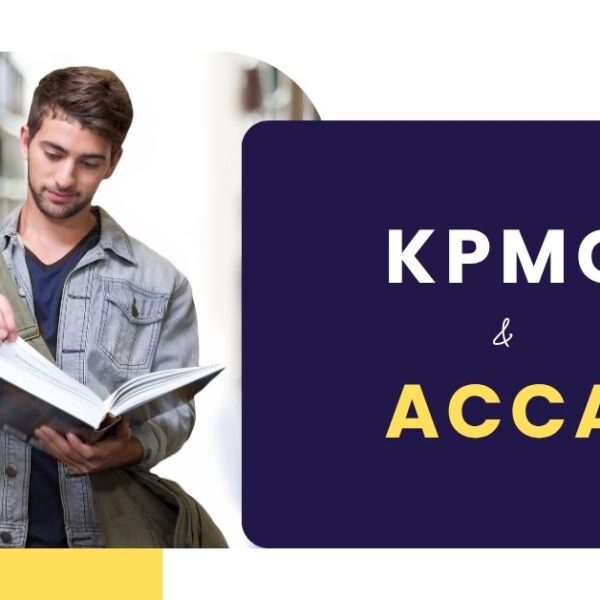Aspiring accountants often ask, “How many papers in ACCA do I need to complete?” The answer involves understanding the qualification’s structured approach to developing professional accountants. This guide breaks down the ACCA examination framework, providing clarity on the papers required for full qualification.
The Complete ACCA Qualification Structure
The ACCA qualification comprises 13 examinations in total, organised across three progressive levels. However, depending on your previous education, you may receive exemptions from certain papers.
Level 1: Applied Knowledge
The foundation level consists of three papers that introduce fundamental accounting concepts:
- Business and Technology (BT) – Examines business structures, stakeholder relationships, and technological impacts
- Management Accounting (MA) – Covers cost accounting, budgeting, and decision-making techniques
- Financial Accounting (FA) – Focuses on recording transactions and preparing basic financial statements
These papers establish the core principles upon which more advanced knowledge is built. Many students with relevant accounting degrees receive exemptions from some or all of these papers.
Level 2: Applied Skills
Building on foundational knowledge, this intermediate level includes six papers:
- Corporate and Business Law (LW) – Covers legal frameworks affecting business operations
- Performance Management (PM) – Explores advanced management accounting techniques
- Taxation (TX) – Examines tax principles and computations
- Financial Reporting (FR) – Focuses on complex financial statements and international standards
- Audit and Assurance (AA) – Covers audit principles, processes, and reporting
- Financial Management (FM) – Addresses business financing, investment decisions, and risk management
These papers develop technical proficiency in key accounting areas, preparing students for more strategic roles within the field.
Level 3: Strategic Professional
The advanced level consists of four papers that develop strategic thinking and leadership capabilities:
Compulsory Papers: 10. Strategic Business Leader (SBL) – An integrated case study examining leadership, governance, and strategy 11. Strategic Business Reporting (SBR) – Focuses on advanced financial reporting issues and professional judgment
Optional Papers (choose two from): 12-13. Select two from the following:
- Advanced Financial Management (AFM)
- Advanced Performance Management (APM)
- Advanced Taxation (ATX)
- Advanced Audit and Assurance (AAA)
This final level emphasises application of knowledge in complex scenarios, professional ethics, and strategic decision-making.
Beyond Examinations: Additional Requirements
Completing the 13 ACCA papers is not the only requirement for full qualification. Students must also:
- Complete the Ethics and Professional Skills Module – An online module developing ethical awareness and professional skills
- Fulfil the Practical Experience Requirement (PER) – Document 36 months of relevant work experience across specific performance objectives
Examination Formats and Flexibility
ACCA papers utilise different examination formats:
- Computer-Based Exams (CBEs) – Applied Knowledge papers and some Applied Skills papers
- Session-Based Exams – Strategic Professional papers and remaining Applied Skills papers
This mixed approach allows flexibility in early stages while ensuring rigorous assessment at advanced levels.
Planning Your ACCA Journey
When planning how to tackle the ACCA papers:
- Consider logical progression – Some papers naturally build on others
- Evaluate exemptions – Previous qualifications may reduce the number of documents required
- Balance workload – Most students take 1-2 papers per sitting
- Account for difficulty levels – Strategic Professional papers typically require more preparation time
Conclusion
The ACCA qualification comprises 13 papers across three levels, along with ethics training and practical experience requirements. This comprehensive structure ensures that qualified members possess both theoretical knowledge and practical skills required for modern accounting roles.
Understanding the number of papers that comprise the ACCA qualification helps prospective students plan their educational journey effectively. While 13 papers may seem daunting initially, the progressive structure, potential exemptions, and flexible examination options make the qualification accessible to determined students from diverse educational backgrounds.








